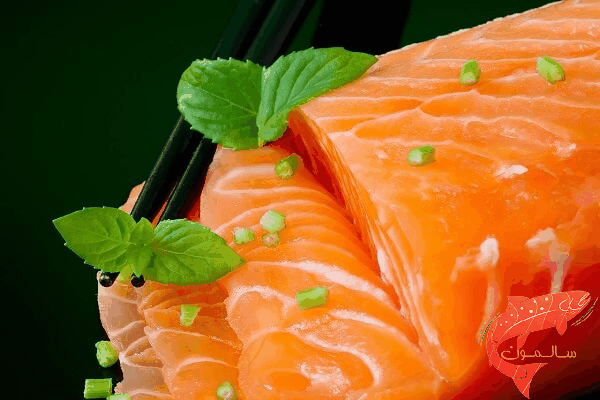Lemon Pepper 500 GR
One of the simplest ways to flavor food is to marinate it. That is, treat it like a sponge. All you have to do is pour sauce on the food, let it soak for a while and then cook it. There are many different types of marinates including a teriyaki marinade for Asian dishes, marinades for steak or a yogurt-based marinade for Middle-Eastern dishes. Marinades typically consist of an acidic ingredient like vinegar, lemon juice, wine or yogurt, plus oil and spices. The acidic ingredient softens the food, allowing it to absorb the flavors of the sauce. Marinating works on all kinds of meat, as well as fish, tofu and vegetables.
| Weight |
Smallest Fish,Less Than 1 KG |
| Status |
Cleaned,Fresh (Not Freezed),Packaged |
This well known and popular fish is a very good source of easily digestible proteins (amino acids), and fatty acids like Omega-3 in the form of triglyceride, as well as vitamins like vitamin-D, vitamin-A and some members of the vitamin-B family. It also contains minerals like selenium, zinc, phosphorus, calcium and iron.
Proteins, or accumulations of amino acids, are essential components of our cells, tissues, enzymes, hormones and every other body part. The proteins from salmon, and most other fishes, are easily digestible and easily absorbed into the body. They don’t have any adverse side effects, nor do they contain carcinogenic compounds like some other meats do.
Salmon is also a source of “good” cholesterol (omega-3 fatty acids) which also plays a vital role in keeping you healthy. Salmon is also rich in some essential minerals like iron, calcium, selenium and phosphorus, as well as vitamins like A, B and D. Selenium, which is necessary for metabolism of tissues, hair, and nails, is best obtained from animal proteins. Among animals, salmon is one of the best sources for this trace element.











